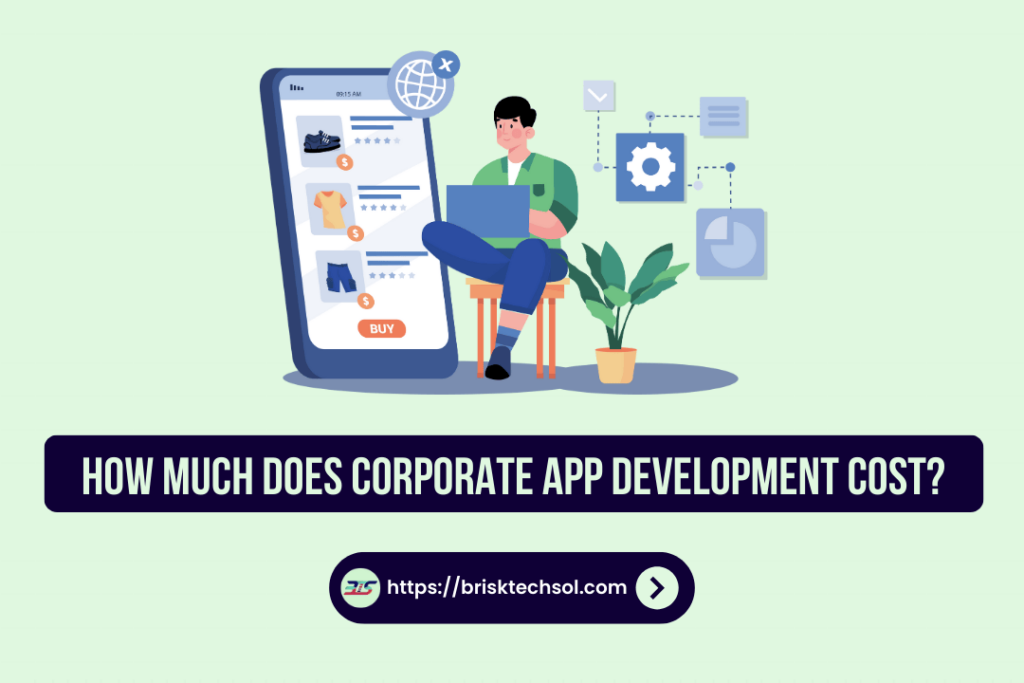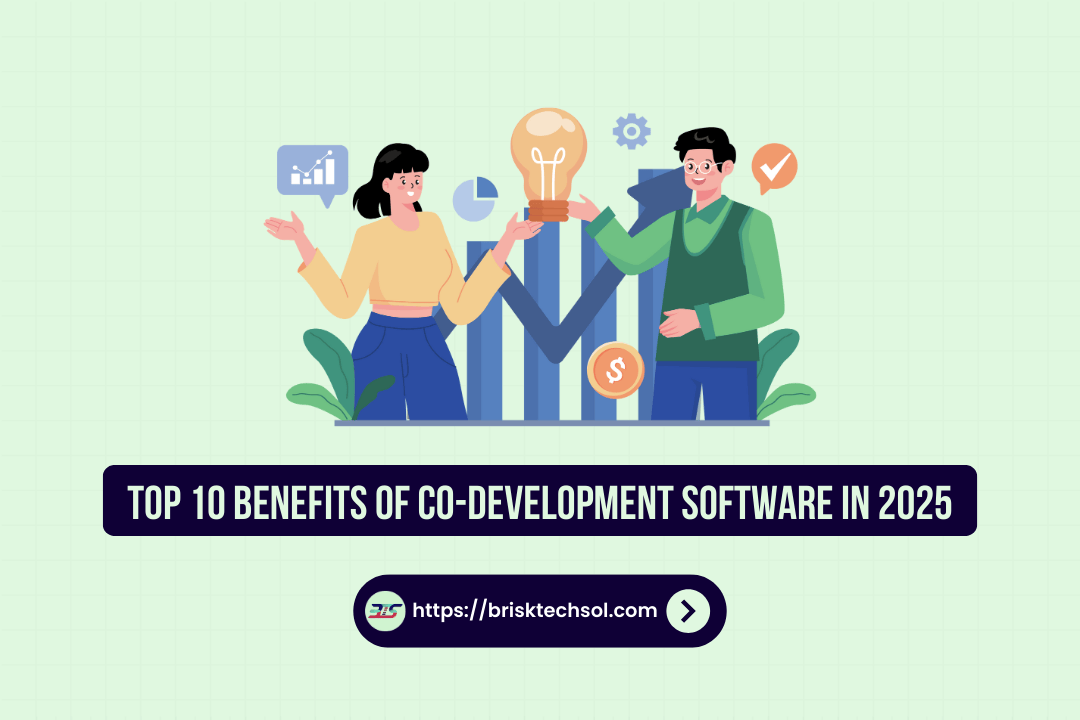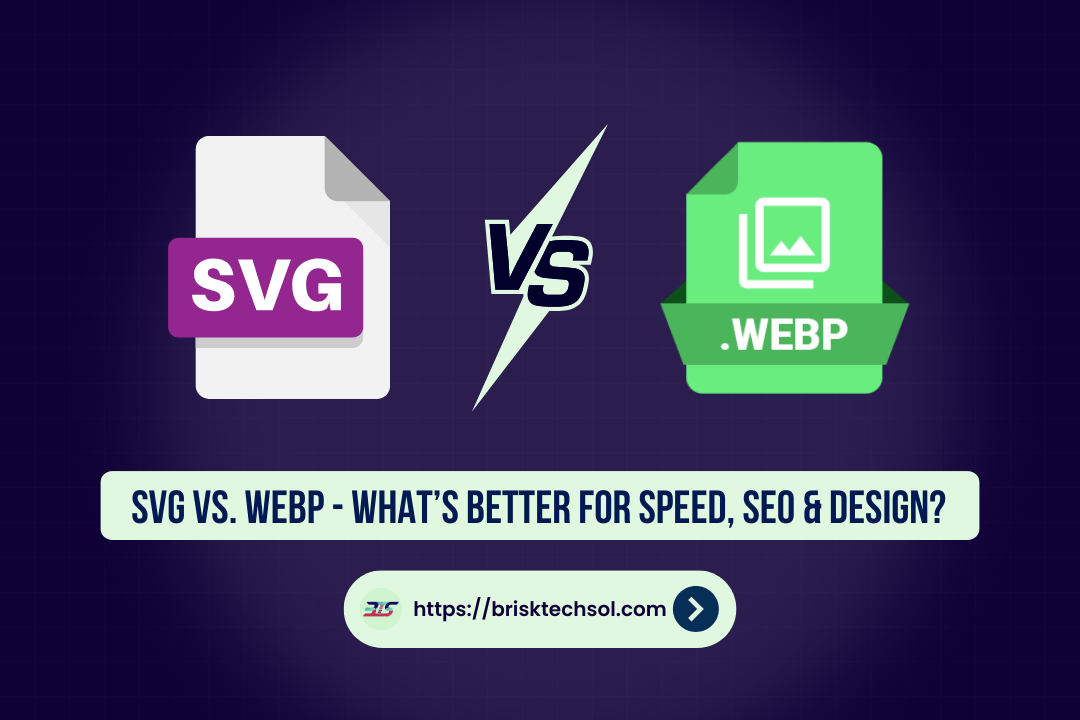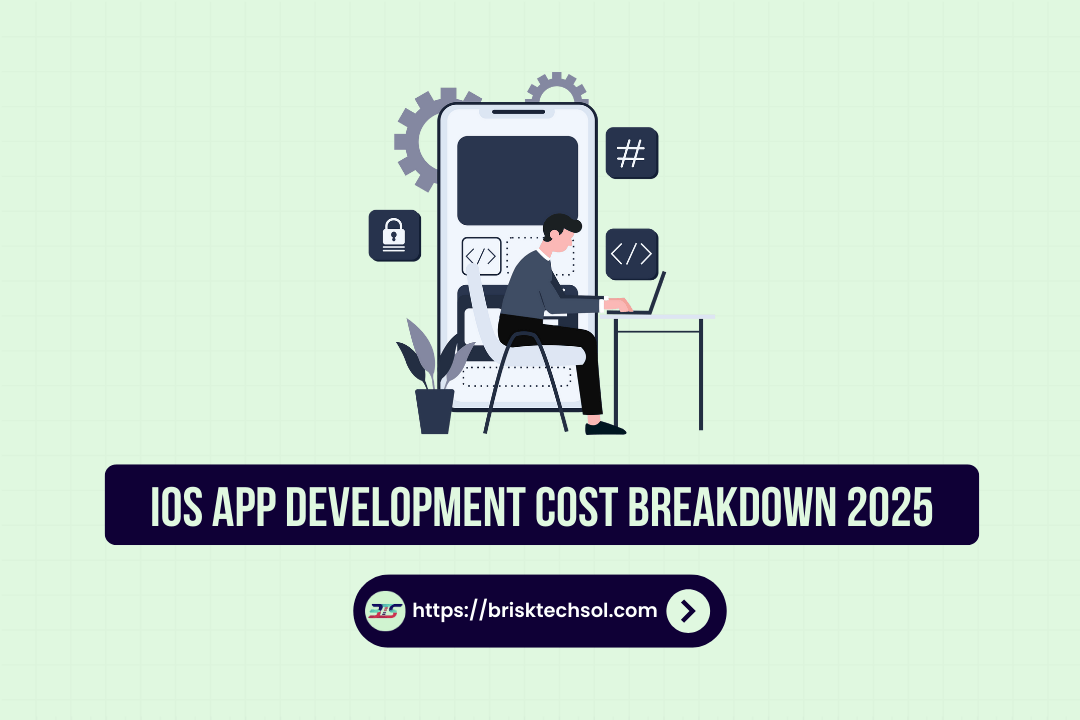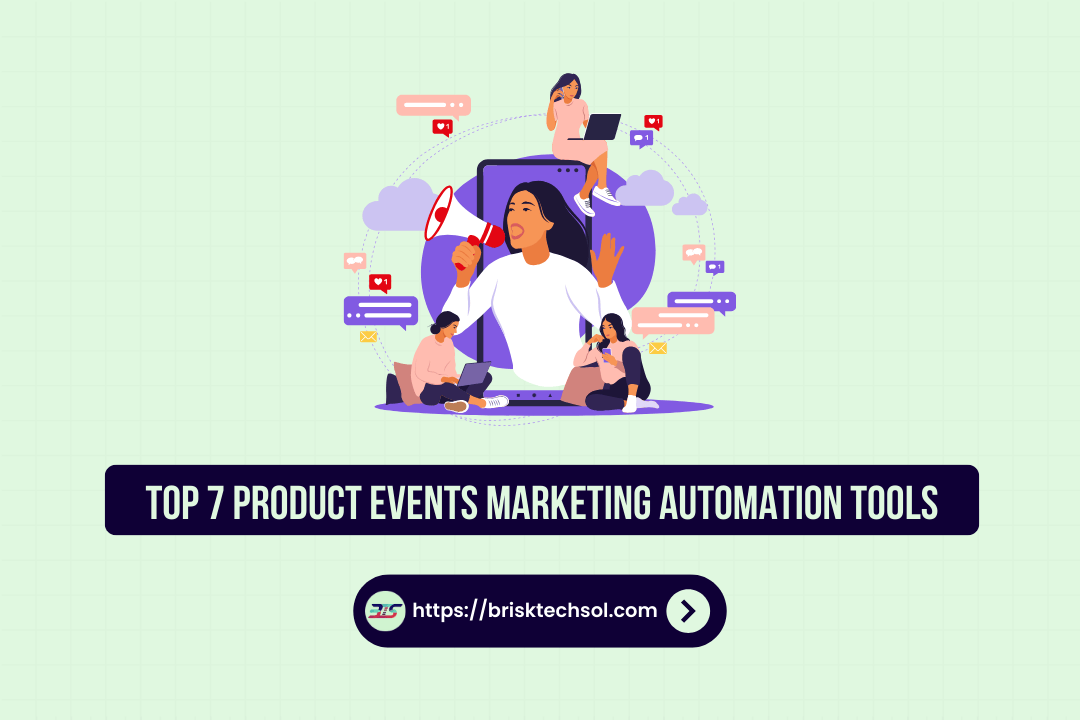Corporate app development is a significant investment for businesses aiming to enhance operations and improve customer engagement. Understanding the costs associated with developing a corporate app can help businesses make informed decisions and optimize their budgets. In this article, we break down the key factors influencing costs, cost-saving strategies, and more.
Why Corporate Apps Are Essential for Modern Businesses
Driving Business Efficiency
Corporate apps are designed to improve the efficiency of internal operations, helping teams communicate effectively, manage resources, and automate repetitive tasks. For instance, apps integrated with project management tools or enterprise resource planning (ERP) systems can save hundreds of hours annually.
Enhancing Customer Experience
For customer-facing apps, personalization is key. Features like AI-based product recommendations, real-time support through chatbots, or loyalty programs foster stronger customer relationships and higher retention rates.
Supporting Scalability
Corporate apps allow businesses to scale operations without adding unnecessary manual work. For instance, an e-commerce app with automated order tracking and inventory management can handle thousands of transactions simultaneously.
Market Insights
The enterprise application market is growing exponentially, projected to reach $382 billion by 2030, driven by advancements in AI, cloud computing, and big data analytics. Businesses not investing in apps risk falling behind.
Did You Know? Companies that develop corporate apps see up to 30% higher productivity and 25% greater customer retention compared to those without apps.
Factors Influencing Corporate App Development Costs
The cost of developing a corporate app varies widely based on multiple factors. Let’s explore them in detail:
1. App Complexity and Features
The more complex and feature-rich your app, the higher the development cost. Features such as real-time analytics, AI-driven chatbots, and multi-language support add layers of complexity.
- Basic Apps: Include essential features such as login systems, basic dashboards, and static content. Typical cost: $20,000–$50,000.
- Mid-Level Apps: Incorporate features like payment gateways, dynamic content, and user analytics. Typical cost: $50,000–$100,000.
- Complex Apps: Feature advanced capabilities such as machine learning, live video streaming, and API integrations. Typical cost: $100,000–$250,000+.
Pro Tip: Start with a Minimum Viable Product (MVP) to keep costs manageable and expand features as your app gains traction.
2. Platform Choice
- Single Platform (iOS or Android): Developing for one platform is more affordable but limits your audience reach.
- Cross-Platform (Hybrid Apps): Tools like Flutter and React Native allow developers to create apps for both platforms simultaneously, reducing time and costs.
- Native Apps: Deliver superior performance and user experience but cost more due to separate development processes for each platform.
Regional Price Differences
- US/Canada: $100–$250/hour.
- Western Europe: $70–$200/hour.
- Asia (e.g., India): $25–$75/hour.
- Eastern Europe: $30–$100/hour.
3. Development Team Type
Your choice of developers significantly impacts costs:
- Freelancers: Cost-effective but may lack comprehensive support. Rates: $25–$80/hour.
- Development Agencies: Provide end-to-end solutions, including design, development, and testing. Rates: $100–$250/hour.
- In-House Teams: Ideal for continuous development but require significant investment in salaries, infrastructure, and training.
4. App Design
A well-designed app enhances usability and aesthetics.
- Basic Design: Simple layouts and minimal visuals. Cost: $5,000–$10,000.
- Advanced Design: Includes custom animations, advanced UI/UX elements, and micro-interactions. Cost: $15,000–$30,000.
5. Maintenance and Upgrades
App maintenance is an ongoing cost that includes updates for OS compatibility, bug fixes, and feature upgrades. Annual maintenance can cost 15–20% of the initial development cost.
Breakdown of Corporate App Development Costs
Here’s a detailed breakdown of costs for each phase of app development:
1. Pre-Development Phase
- Market Research: Understanding target audiences, competitor analysis, and feature prioritization. Cost: $5,000–$15,000.
- Wireframing and Prototyping: Visualizing app flow and user interface. Cost: $2,000–$8,000.
2. Development Phase
- Frontend Development: Focuses on the user-facing part of the app. Cost: $10,000–$50,000.
- Backend Development: Includes database management, server-side scripting, and API integrations. Cost: $15,000–$80,000.
- Third-Party Integrations: Payment gateways, chat support, and social logins. Cost: $5,000–$20,000.
3. Post-Development Phase
- Testing and QA: Ensures the app is bug-free and performs optimally across devices. Cost: $5,000–$20,000.
- Deployment: Hosting the app on servers and publishing it on app stores. Cost: $1,000–$5,000.
Cost-Saving Strategies for Corporate App Development
- Prioritize Features
Avoid feature bloat by focusing on functionalities that align with your business goals. - Leverage Open-Source Tools
Open-source frameworks like Flutter and React Native can significantly reduce development time and costs. - Consider Outsourcing
Outsource to regions with lower development costs but ensure the quality of work through portfolio reviews and client references. - Adopt Agile Methodologies
Agile development allows iterative progress, minimizing risks and enabling cost-effective adjustments. - Regularly Update the App
Avoid heavy costs by keeping your app updated incrementally rather than waiting for significant overhauls.
Real Life Examples of Corporate App Development Costs
Small Business Example: Retail Store App
- Features: Product catalog, loyalty program, push notifications.
- Platform: Android.
- Cost: $35,000.
Medium Business Example: Healthcare App
- Features: Appointment scheduling, telemedicine integration, HIPAA compliance.
- Platform: iOS and Android.
- Cost: $100,000.
Enterprise Example: CRM App for a Large Organization
- Features: AI analytics, multi-language support, and real-time collaboration.
- Platform: Cross-platform (Hybrid).
- Cost: $250,000+.
Key Takeaway: Customization and scalability requirements heavily influence the overall costs.
Conclusion
Building a corporate app is a big step, but it’s worth it for the efficiency, improved customer experiences, and growth it can bring to your business. By focusing on what matters most and working with the right team, you can create an app that fits your goals and budget, delivering real value for years to come.
FAQ’S
1. How much does it cost to develop a corporate app in 2024?
The cost typically ranges from $20,000 to $250,000+, depending on complexity, platform, and features.
2. What is the cost difference between native and hybrid apps?
Hybrid apps are 30–40% cheaper than native apps but may lack advanced functionality and performance.
3. What hidden costs should I anticipate?
Maintenance, hosting, OS updates, and third-party integration fees often add to the total cost.
4. Can I develop a corporate app with a limited budget?
Yes, starting with an MVP or focusing on essential features can help manage costs effectively.
5. What are the ongoing costs after development?
Ongoing costs include maintenance, feature upgrades, hosting fees, and periodic testing.


